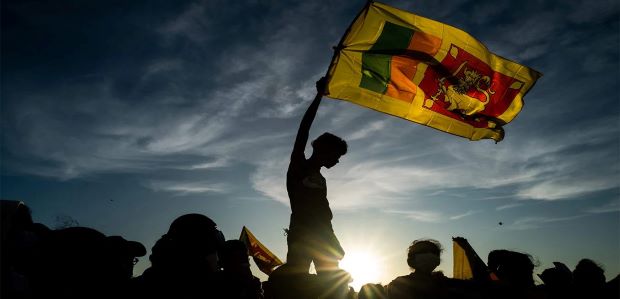February 4 in History
1948 – Ceylon (later renamed Sri Lanka) becomes independent within the British Commonwealth
The British-ruled Colony of Ceylon was granted independence as Ceylon on this day in 1948 and became a republic within the Commonwealth in 1972 changing its name to Sri Lanka.
Independence was granted under the Ceylon Independence Act of 1947, and though an amended constitution came into effect on the same date, military treaties with the United Kingdom preserved intact British air and sea bases in the country; British officers also continued to fill most of the upper ranks of the Ceylon Army.
Don Stephen Senanayake became the first prime minister of Ceylon. Later in 1948, when Ceylon applied for United Nations membership, the Soviet Union vetoed the application, partly because the Soviet Union believed Ceylon was only nominally independent, and the British still exercised control over it because the white, educated elite had control of the government.
The constitution provided for a bicameral legislature with a popularly elected House of Representatives and a Senate that was partly nominated and partly elected indirectly by members of the House of Representatives. A prime minister and his cabinet, chosen from the largest political group in the legislature, held collective responsibility for executive functions. The governor-general, as head of state, represented the British monarch. In matters that the constitution failed to address, the conventions of the United Kingdom were observed.
The United National Party (UNP) had a substantial majority in the legislature and attracted support as it governed. There were, however, some basic weaknesses in the political structure. The consensus that the government represented embraced only a small fraction of the population—the English-educated Westernized elite groups that shared the values on which the structure was founded. To the great mass of Sinhalese- and Tamil-educated residents and unschooled citizens, these values appeared irrelevant and incomprehensible. The continued neglect of local culture as embodied in religion, language, and the arts created a gulf that divided the ruling elite from the ruled. Inevitably, traditionalist and revivalist movements arose to champion local values.
– britannica.com



Comments are closed, but trackbacks and pingbacks are open.